The joy of welcoming a new dog into your home is unparalleled. But behind this joyous decision lies a crucial responsibility – ensuring your new pet’s journey to you has been rooted in kindness and ethical practices. In the world of dog breeding, these principles are often overshadowed by less scrupulous practices. This guide aims to illuminate the ethical concerns surrounding dog breeding and empower you to make informed decisions when choosing a breeder.
The Dangers of Unethical Dog Breeding
The breeding of dogs is a practice that dates back millennia, and while it has often been conducted with good intentions, it can also lead to a host of problems. The most pressing of these issues include dog overpopulation, health issues associated with certain breeds, and, regrettably, dog abuse. It is crucial to address these issues and promote ethical breeding practices to ensure the well-being of dogs and the long-term sustainability of their breeds.
One of the most pressing issues associated with unethical breeding is dog overpopulation. Irresponsible breeding practices, such as indiscriminate mating and the production of excessive litters, contribute to an overwhelming number of dogs without enough homes. This leads to overcrowded animal shelters and the heartbreaking necessity of euthanasia due to lack of resources and space.
The Overpopulation Crisis: A Consequence of Unethical Breeding
An unfortunate consequence of unregulated breeding is dog overpopulation. Shelters across the world are filled with dogs waiting for homes, and many of these are euthanized when the resources to care for them run out. This situation is exacerbated when breeders continue to produce puppies without considering the broader impacts on dog populations.
The problem of dog overpopulation arises when the demand for dogs, whether for companionship, working purposes, or other reasons, exceeds the available homes and responsible breeders’ capacity to meet that demand. Uncontrolled breeding by individuals who prioritize profit over the welfare of the dogs exacerbates this issue. Without proper planning, careful selection of breeding pairs, and consideration of population management, the number of dogs can spiral out of control.
Unwanted and abandoned dogs often suffer from neglect, health issues, and emotional distress. They may end up in overcrowded shelters or roaming the streets as strays, exposed to dangers such as accidents, diseases, or maltreatment. The consequences of dog overpopulation extend beyond the welfare of the dogs themselves. Overburdened animal shelters strain limited resources, making it challenging to provide adequate care and find suitable homes for all the dogs in need.
Addressing dog overpopulation requires a collaborative effort involving breeders, prospective dog owners, animal welfare organizations, and communities as a whole. Responsible breeders play a crucial role in curbing overpopulation by adhering to ethical breeding practices, including limiting the number of litters, ensuring proper placement of puppies, and educating potential owners about the responsibilities of dog ownership.
The Health Consequences of Unethical Breeding Practices
Dog breeds have been developed to accentuate certain traits, often to the detriment of the dog’s health. Some breeds are prone to severe health issues as a result of their physical characteristics. Breeding dogs for appearance over health can lead to lifelong suffering for the animal and hefty veterinary bills for the owner.
Another significant concern stemming from unethical breeding practices is the prevalence of health issues in certain dog breeds. Over the years, the emphasis on appearance, specific traits, and exaggerated features has led to the inadvertent perpetuation of genetic disorders and predispositions to various health conditions.
Breeding for exaggerated physical traits without considering the long-term health consequences can result in breeds that are prone to inherited disorders and structural abnormalities. For instance, brachycephalic breeds, such as Bulldogs and Pugs, are bred to have short, flattened faces, which can lead to breathing difficulties, eye issues, and dental problems. Similarly, certain large breeds may be prone to hip dysplasia or joint problems due to poor breeding practices that neglect genetic testing and responsible selection.
The perpetuation of these health issues not only causes suffering for individual dogs but also imposes financial and emotional burdens on their owners. Extensive veterinary care, surgeries, and ongoing management may be required to address these conditions. Moreover, the compromised well-being of the affected dogs may result in a diminished quality of life and reduced lifespan.
To combat these health issues and promote the overall welfare of dogs, ethical breeders prioritize the health and genetic diversity of their breeds. They conduct appropriate health screenings, and genetic testing, and carefully select breeding pairs to minimize the risk of passing on hereditary diseases. Responsible breeders collaborate with veterinarians and breed-specific organizations to stay informed about the latest research and advancements in health management.
he Dark Side of Unethical Breeding: Dog Abuse
In the worst cases, unethical breeders may mistreat the dogs in their care. Breeding dogs may be kept in poor conditions and used for nothing more than producing puppies, with little regard for their health or wellbeing. This disregard for animal welfare is the epitome of unethical breeding.
One of the most distressing consequences of unethical breeding practices is the potential for dog abuse. Unfortunately, some breeders prioritize profit over the welfare of the dogs in their care, leading to neglect, mistreatment, and even cruelty.
Unethical breeders may subject dogs to inhumane living conditions, such as overcrowded and unsanitary environments. Dogs may be confined to small, cramped spaces without access to proper exercise, socialization, or mental stimulation. Lack of adequate nutrition, veterinary care, and attention to their emotional well-being can have severe consequences for the dogs’ physical and mental health.
Additionally, unethical breeders may engage in harmful practices such as early weaning, separation of puppies from their mothers too soon, and the absence of proper socialization. These practices can result in behavioral issues, fearfulness, and difficulty adapting to new environments or interacting with humans and other animals.
It is important to recognize and address instances of dog abuse in the breeding industry. Responsible breeders condemn such practices and work towards establishing standards of care that prioritize the well-being and welfare of the dogs involved. Collaboration with animal welfare organizations, regulatory bodies, and law enforcement agencies is essential to combat dog abuse in breeding operations.
How to Spot an Ethical Dog Breeder: Key Signs to Look For
Identifying an ethical dog breeder can be a challenge. However, here are some key signs to look out for:
Transparency
Ethical breeders are transparent about their breeding practices and are happy to answer any questions you may have. They should be able to provide a comprehensive history of the puppy’s parents, including any health issues and genetic testing performed.
Health as a Priority
Health should be a top priority for any ethical breeder. They should prioritize breeding dogs that are free from inherited diseases and avoid breeding dogs with physical characteristics that could compromise their health.
Care for Dogs’ Wellbeing
Breeders should demonstrate care for their dogs’ wellbeing. This includes providing clean living conditions, regular exercise, and socialization. They should also limit the number of litters a female dog has to avoid overbreeding.
Commitment to Homing
Ethical breeders show a commitment to finding good homes for their puppies. They will ask potential owners about their ability to care for the dog and may refuse to sell a puppy if they believe the home is unsuitable.
By recognizing these signs, you can make an informed decision when choosing a breeder and ensure that your new pet comes from a humane and ethical background.
Concluding Thoughts
Bringing a dog into your life is a decision filled with love and excitement. By choosing an ethical breeder, you’re not only ensuring a healthier and happier life for your pet but also contributing to a broader movement towards humane breeding practices. Have you had experiences with dog breeders that you’d like to share? We invite you to share your story with us and join our community, where together, we can make a difference for our beloved canine companions.










